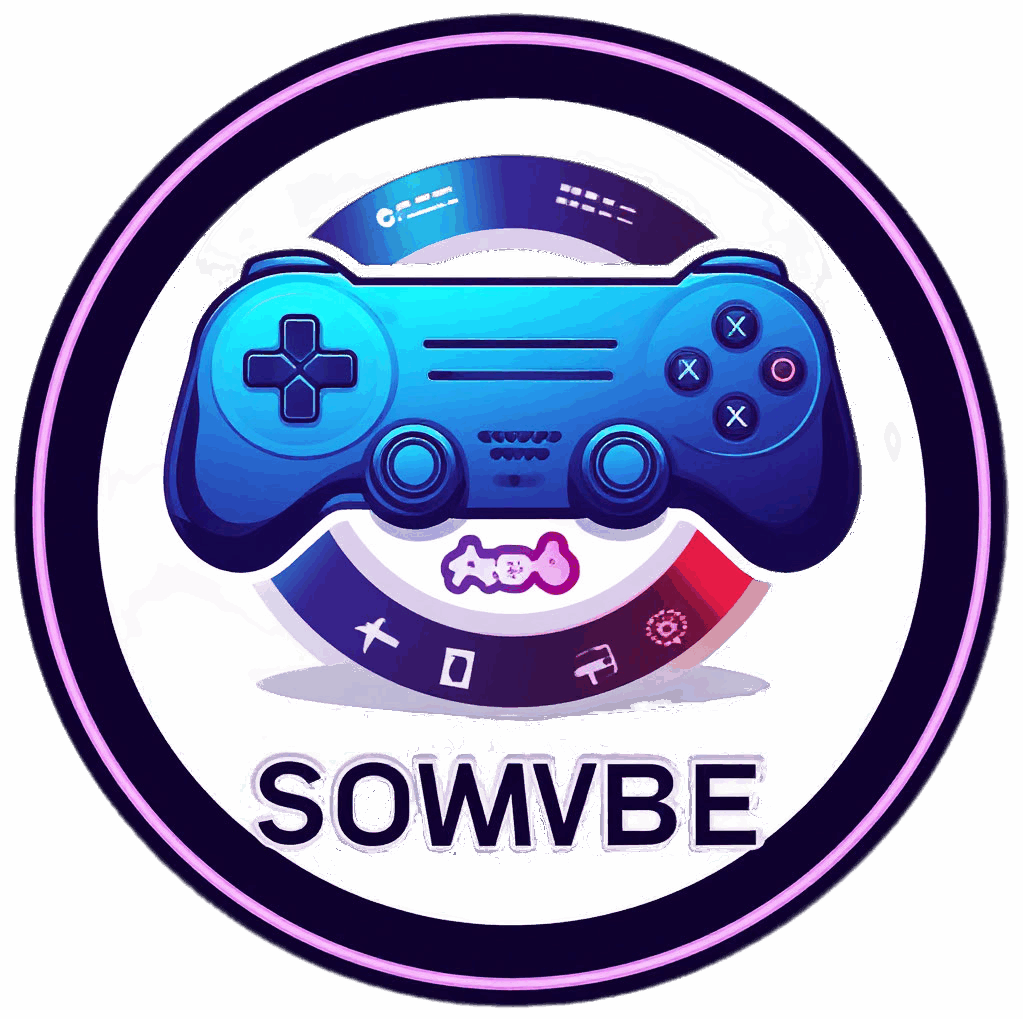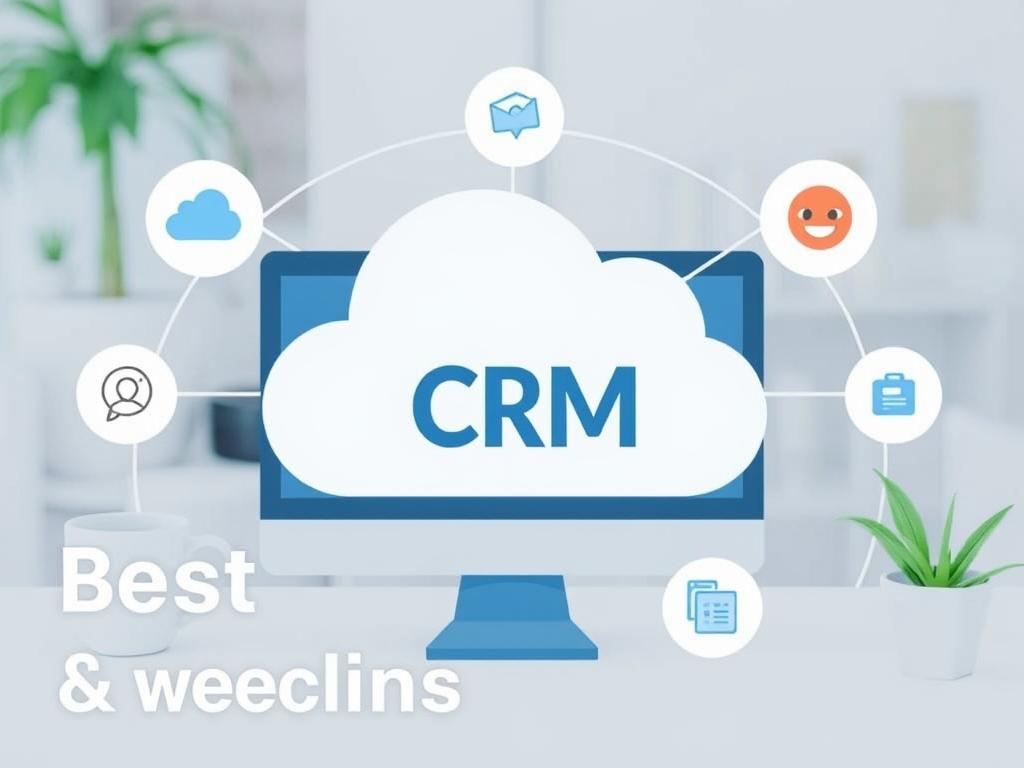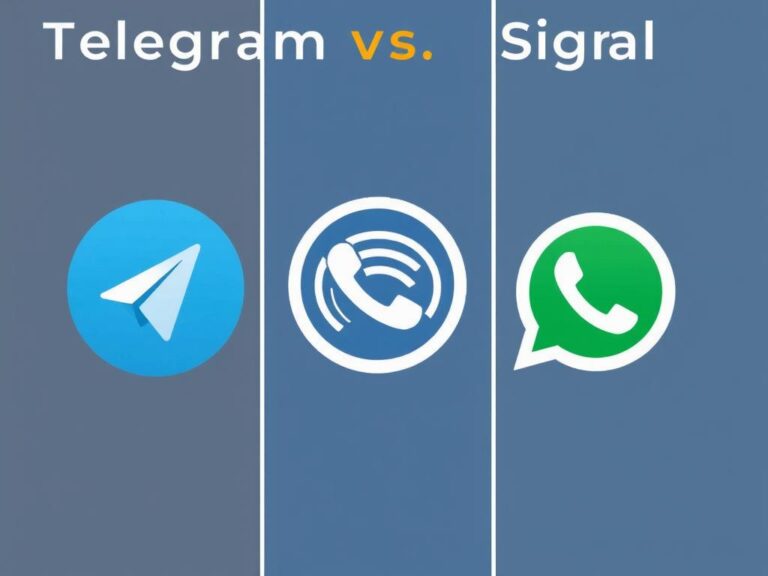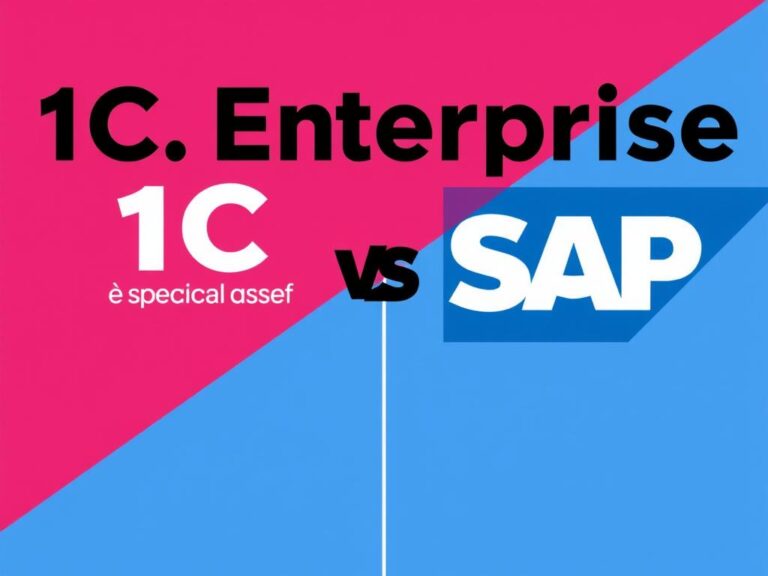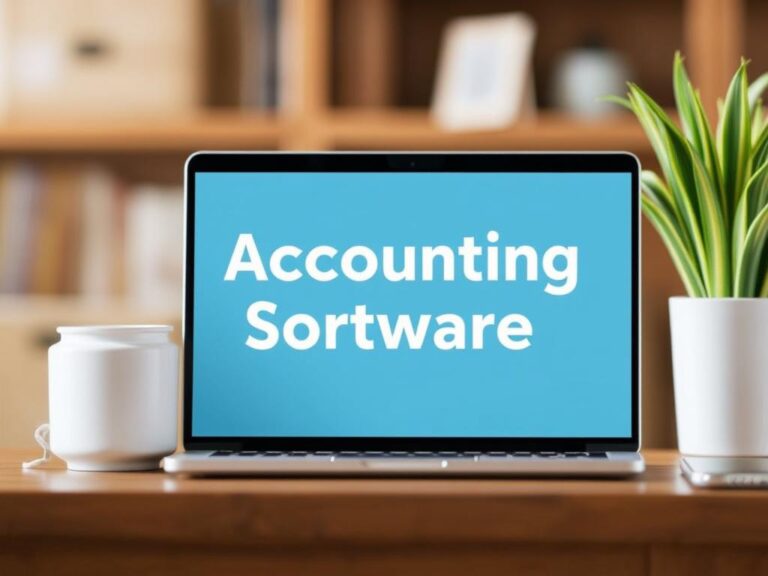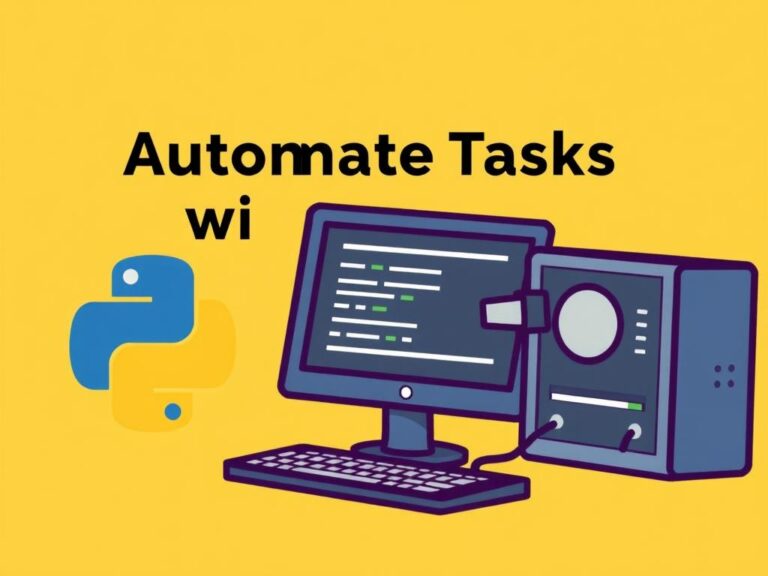Best CRM Systems for Small & Medium Businesses: Choosing the Perfect Fit
When it comes to managing relationships with customers, streamlining sales processes, and boosting overall productivity, Customer Relationship Management (CRM) systems are indispensable tools, especially for small and medium businesses (SMBs). CRM systems allow SMBs to keep track of interactions, organize contacts, automate repetitive tasks, and analyze data to make smarter decisions. However, with a myriad of CRM options in the market, finding the best CRM systems for small & medium businesses can feel overwhelming. This guide breaks down the essentials you need to know to pick the perfect CRM for your business size and needs, providing you with clarity and confidence as you navigate this landscape.
Why Small & Medium Businesses Need a CRM System
Many SMBs start by managing customer information through spreadsheets, emails, or basic contact lists. While this approach might work at the beginning, it quickly becomes inefficient as the business grows. This is where the best CRM systems for small & medium businesses come into play, offering scalable solutions that evolve alongside your operations.
A CRM system helps SMBs by centralizing customer data, automating sales workflows, improving communication among teams, and providing valuable insights through advanced analytics. With all customer interactions recorded in one place, businesses can deliver personalized and timely responses, leading to enhanced customer satisfaction and increased sales. Moreover, CRM tools give small and medium businesses an edge over competitors by enabling professional, data-driven marketing campaigns, organized lead management, and better customer retention strategies.
Key Features to Look for in the Best CRM Systems for Small & Medium Businesses
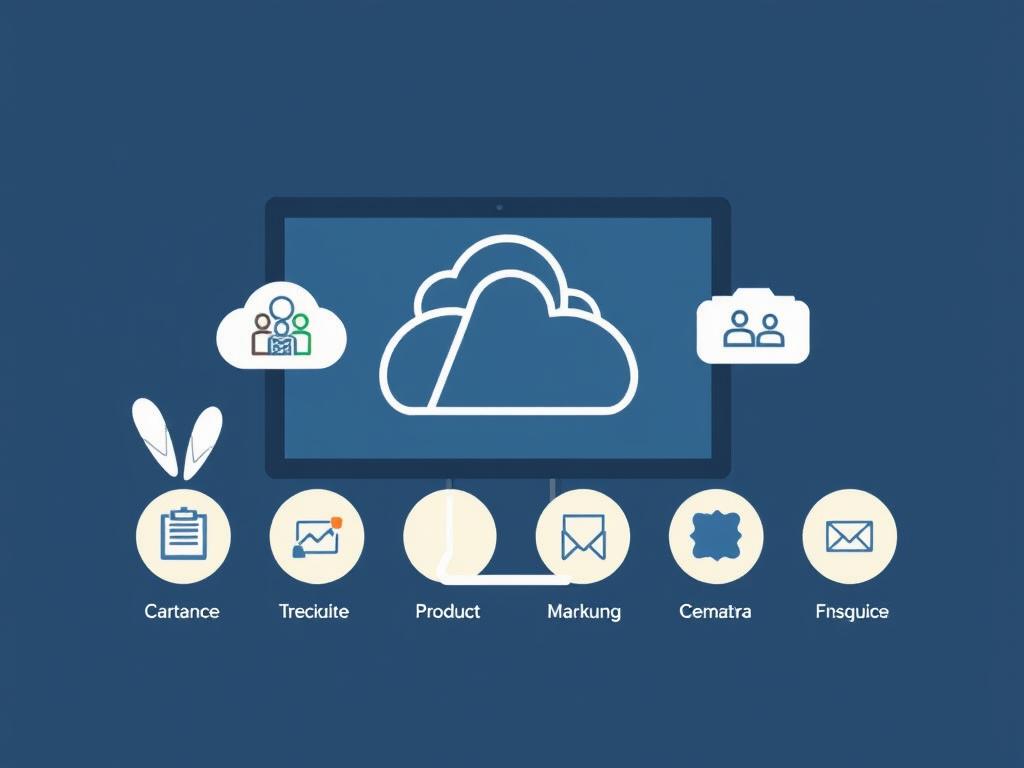
Before diving into specific CRM platforms, it’s crucial to understand the features that matter most for SMBs. These features ensure that the CRM not only fits your current needs but supports your business growth without overwhelming your team with unnecessary complexity.
Contact & Lead Management
At its core, CRM systems must have robust contact and lead management capabilities. This involves storing and organizing customer information, tracking communication history, and facilitating easy segmentation of contacts for targeted marketing efforts.
Sales Pipeline & Deal Tracking
Effective sales pipeline management allows your team to visualize the progress of deals at different stages, identify bottlenecks, and forecast revenue. The best CRM systems for small & medium businesses provide customizable sales pipelines that fit various sales processes.
Automation & Workflow Management
Automating repetitive tasks, such as follow-up emails, appointment scheduling, and lead scoring, saves valuable time. Workflow automation ensures that no lead falls through the cracks and that your team operates at peak efficiency.
Integration Capabilities
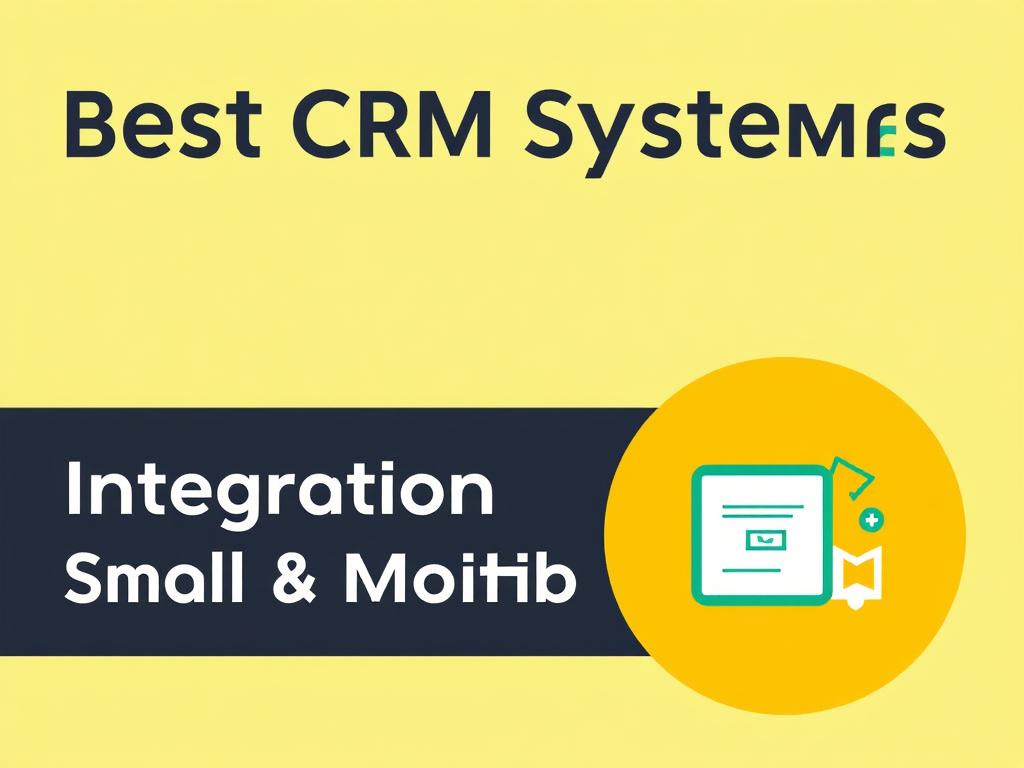
A CRM that integrates seamlessly with other essential business tools—email platforms, marketing software, accounting systems, and customer support tools—boosts productivity and helps maintain consistent data across departments.
Reporting & Analytics
Smart decision-making depends on accurate and actionable data. Look for CRM systems that offer insightful reports and dashboards, helping you track sales performance, customer behavior, and marketing effectiveness.
User-Friendly Interface & Mobile Access
Since many SMB teams wear multiple hats, ease of use is critical to ensure adoption. Additionally, mobile access empowers sales reps and other team members to manage CRM data on the go, increasing responsiveness and flexibility.
Top CRM Systems Tailored for Small & Medium Businesses
Now that you know what features to consider, let’s explore some leading CRM systems that consistently rank as the best CRM systems for small & medium businesses. Each platform offers unique strengths that can cater to different industries, budgets, and team sizes.
| CRM System | Best For | Main Features | Pricing | Integration Examples |
|---|---|---|---|---|
| HubSpot CRM | Small businesses starting out | Contact management, email tracking, marketing automation, pipeline management | Free tier available; Paid plans from $45/month | Gmail, Outlook, Shopify, Salesforce |
| Zoho CRM | Businesses needing customization | Lead scoring, AI-driven insights, multichannel communication | Starting at $14/user/month | Google Workspace, Mailchimp, Slack, QuickBooks |
| Salesforce Essentials | Growing SMBs seeking robust features | Advanced reporting, AI analytics, customer support tools | $25/user/month | Google apps, Microsoft Office, Mailchimp |
| Pipedrive | Sales-oriented SMBs | Visual sales pipeline, activity reminders, email integration | Starting at $14.90/user/month | Google Calendar, Zapier, Trello |
| Freshsales by Freshworks | SMBs wanting simple interface with power | Lead scoring, built-in phone, AI-based insights | From $15/user/month | Slack, QuickBooks, Mailchimp |
How to Select the Best CRM System for Your Business
Choosing the right CRM is a multifaceted decision. To help, here’s a simple roadmap that uses practical steps SMBs can follow:
- Identify your business needs: What challenges are you aiming to solve? Are you focused on sales tracking, marketing automation, customer support, or all three?
- Set a budget: Understand your financial limits, including whether you prefer monthly subscriptions or annual plans.
- Evaluate ease of use: Choose a CRM with an intuitive interface suited to your team’s technical skills and preference.
- Consider scalability: Pick a CRM that can grow with your business and add advanced features as needed.
- Test free trials: Most CRM providers offer free trials. Use this opportunity to see firsthand how a system fits your workflow.
- Check integration needs: Make sure the CRM works well with your existing tools to avoid data silos.
- Evaluate customer support: Good support is crucial to resolve issues quickly and minimize downtime.
Common Mistakes SMBs Make When Choosing a CRM
Even with abundant options, SMBs sometimes stumble due to overlooked factors. Avoid these typical pitfalls to ensure a smooth CRM adoption:
- Overcomplicating with enterprise features: Many SMBs pick complex CRM systems with features they don’t need, resulting in underutilization and confusion.
- Ignoring user adoption: If your team finds the system cumbersome, they won’t use it effectively. Always prioritize usability and training.
- Neglecting integration: A CRM that doesn’t sync well with other business software can cause fragmented data and double work.
- Failing to define success metrics: Without clear goals and KPIs, it’s hard to measure the CRM’s impact on your business.
Tips for Successful CRM Implementation in Small & Medium Businesses
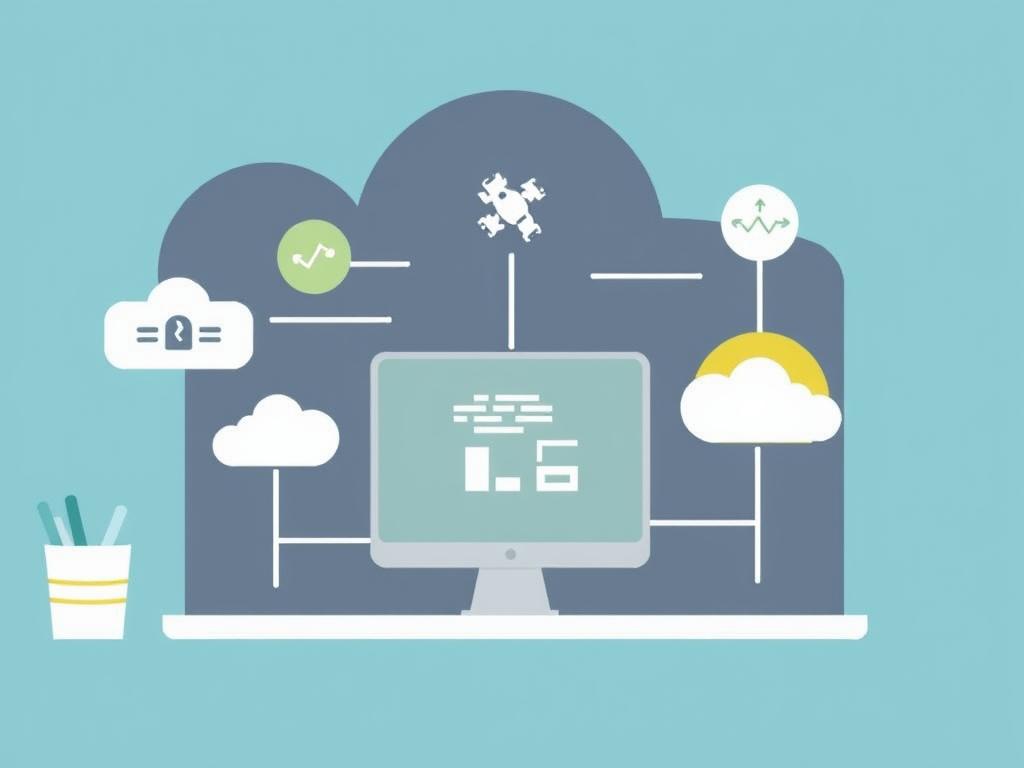
Implementing a CRM system isn’t just about installing software—it’s about transforming how your business manages customer relationships. Here’s how SMBs can ensure successful CRM adoption:
- Involve key stakeholders early: Engage sales, marketing, support, and IT teams in the vendor selection and configuration process.
- Customize the CRM to your processes: Tailor pipelines, fields, and workflows to match your unique business model.
- Provide comprehensive training: Invest in educating your team to feel confident using the CRM daily.
- Set clear expectations and goals: Define how the CRM will improve current processes and what success looks like.
- Regularly review and optimize: Use CRM reports and feedback to identify improvement areas and adjust settings or integrations accordingly.
Emerging Trends in CRM Systems for Small & Medium Businesses
The world of CRM is always evolving, and SMBs stand to benefit from the latest innovations shaping the field. Here are some trends worth watching:
Artificial Intelligence (AI) and Predictive Analytics
AI-powered CRMs analyze customer behavior patterns to predict sales outcomes, recommend next steps, and automate personalized marketing, which saves time and increases close rates.
Mobile-First CRMs
Since SMB teams often operate remotely or while mobile, CRMs with robust mobile apps ensure constant access to customer data and sales tracking on the go.
Integration of Communication Channels
Modern CRMs unify emails, phone calls, social media, and live chat into a single platform, providing a cohesive view of customer interactions.
Customer Self-Service & Chatbots
Some CRM systems now include chatbots and self-service portals that improve support efficiency while enhancing customer experience.
Customization & Low-Code Platforms
The rise of customizable, low-code CRM platforms allows SMBs without extensive IT resources to tailor their CRM systems to very specific workflows.
Comparison: Free vs Paid CRM Options for Small & Medium Businesses
Choosing between free and paid CRM systems is a critical step for SMBs. Here’s a straightforward comparison:
| Aspect | Free CRM | Paid CRM |
|---|---|---|
| Cost | No upfront cost, limited features | Monthly or annual fees, full features |
| Features | Basic contact management, limited automation | Advanced automation, reporting, integrations |
| User Limitations | Often limited to a few users | Supports large teams and customization |
| Support | Minimal or community-based support | Dedicated support, training, onboarding |
| Scalability | Less scalable for growth | Fully scalable with business needs |
Many SMBs start with free options such as HubSpot CRM and then upgrade to paid plans as their requirements grow. Paid CRM systems often deliver better ROI by saving time, improving efficiency, and driving sales.
How to Train Your Team for Maximum CRM Success
Even the best CRM system can fall short without proper team training. Here are key training tips:
- Conduct role-specific sessions: Training should be customized for sales reps, marketers, and customer support staff.
- Use real-life scenarios: Simulate actual customer interactions and data entry to build familiarity.
- Encourage ongoing learning: Schedule periodic refreshers and share tips for advanced usage as the team matures.
- Appoint CRM champions: Designate team members who can provide peer support and troubleshoot common issues.
Final Thoughts on Selecting the Best CRM Systems for Small & Medium Businesses
Choosing the best CRM systems for small & medium businesses is a strategic investment that impacts customer relationships, sales growth, and operational efficiency. By understanding your business needs, prioritizing essential features, and carefully evaluating options—from free hubs like HubSpot CRM to more customizable platforms like Zoho and Salesforce Essentials—you can find a CRM that drives success without the headache of overcomplexity. Remember that CRM is not just about software but about how your team uses it to build lasting customer connections. A well-implemented, user-friendly CRM system tailored to your SMB’s unique needs will be a catalyst for growth, competitive advantage, and remarkable customer experiences.
Conclusion: Navigating the CRM landscape as a small or medium business may seem daunting, but with the right knowledge and approach, selecting the perfect CRM system becomes an attainable and rewarding goal. Consider your team’s workflows, budget, and future growth to choose a system that fits like a glove, and invest in training and regular optimization to unlock the full potential of your CRM software. The result will be a more organized, efficient, and customer-focused business ready to thrive in today’s competitive marketplace.
